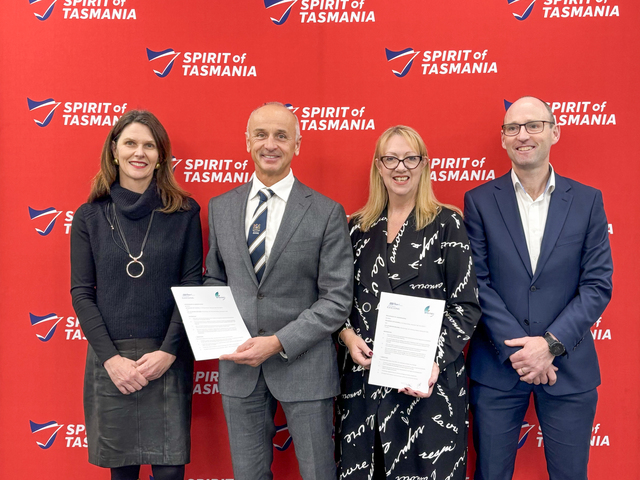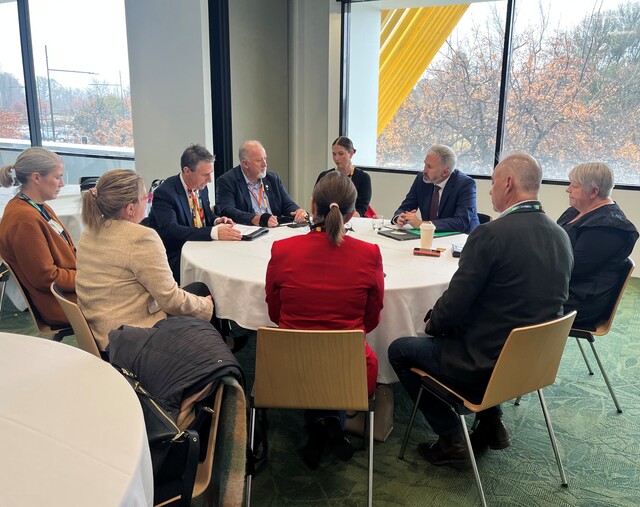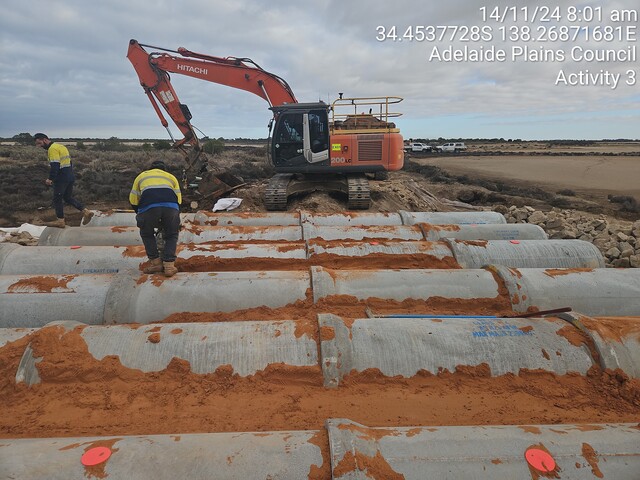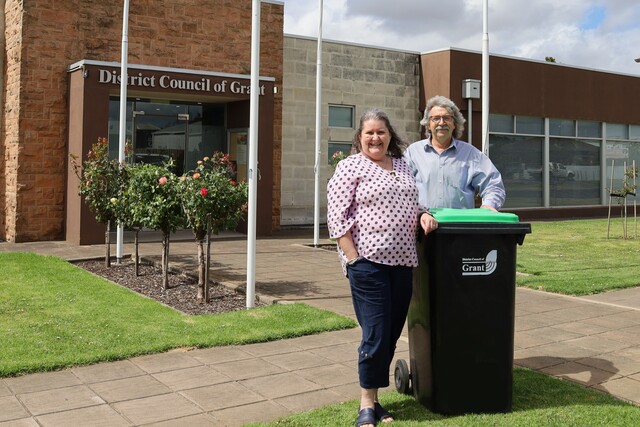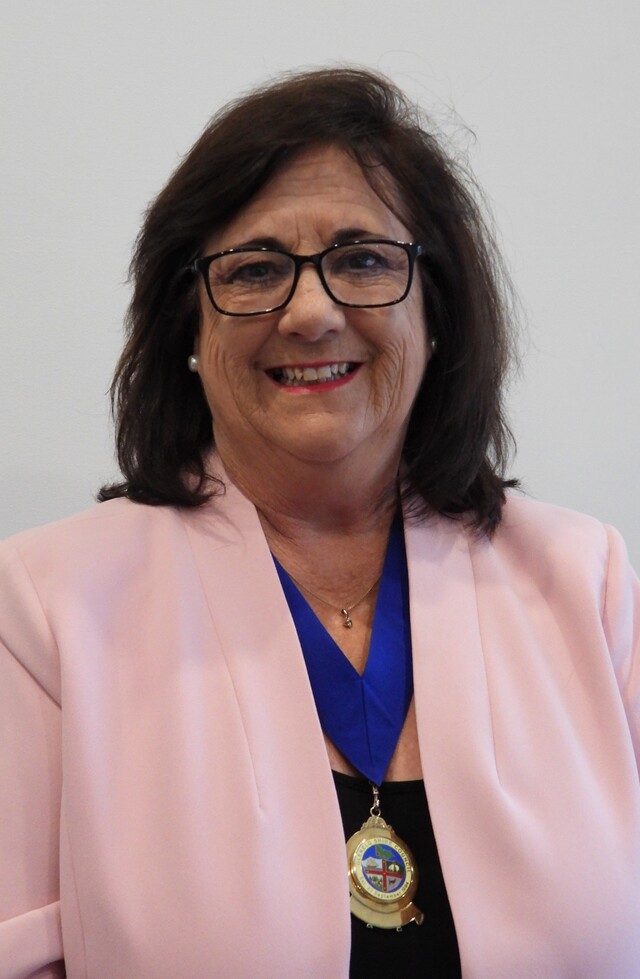Have you ever contemplated how powerful the relationship would be if your Council and community trusted and respected each other at all times, and supported each other’s contribution in the local decision making process?
Just think of the benefits, spending time and resources on positive issues rather than political point scoring, improved community morale, a genuine commitment to a team approach and greater levels of voluntary community participation. You would also find a stronger, more united community with a greater level of interest and commitment to local issues.
So, assuming this is a good thing, how do you spread the networking tentacles of Local Government into the community, in a way that will increase their understanding and awareness of Council affairs? Surely this is the first step in preparing the community to make an informed contribution in the future.
I would imagine you have already considered newsletters, community festivals, surveys and so forth, so here are a few more unusual initiatives identified in recent research that have assisted a number of innovative Councils through this cultural change.
Using the Service Club network
Developing a regular communication channel with local service groups can be a very effective way of extending the tentacles of Council into the community. You will also find these clubs are excited by the prospect of strengthening their community role. Do you know how many clubs there are in your area? Do you have a register with up to date contacts? How often do senior Council officers and Councillors visit these clubs in guest speaker roles? This is a very powerful networking opportunity and is cost effective.
Accessing special purpose groups
A Council of average size would have at least 200 groups and committees who meet regularly for a specific purpose. Youth groups, seniors associations, school committees, sporting clubs, business networks etc all provide a great opportunity for council to proactively build a relationship with residents, who normally would have little involvement in Council issues. This is also a very cost effective way of strengthening community networks and well worth considering.
Taking Council meetings into the community
The average citizen has no understanding or appreciation of how a Council works, which is not healthy if we are trying to foster community partnerships. Most Council meetings are not user friendly and are intimidating to those not used to the system, so why not meet on their own turf occasionally. What a great way to break down the barriers between Council and local groups.
Precinct committees
These are gradually becoming more accepted as a means of strengthening the community voice in Council’s decision making process. Thankfully the days where Councils saw precinct committees as a threat to their own power base have passed. If managed correctly from the outset through a Council policy, and with some Council administrative support, they can be very effective in building networks, along with trust and respect at a neighbourhood level.
The school network
In the long term this will be by far the most effective way to strengthen Council/community partnerships. Do not forget our children are the community leaders of the future and any investment to increase their community awareness now will pay dividends later.
These are just a few suggestions that may assist in building a valuable community partnership. Combine these with the more traditional means of communication, and you will be well on the way to capitalising on community power.
*Lloyd Arnott, has recently moved to Queensland after serving the City of Knox in Victoria and the City of Newcastle in NSW in senior executive positions over the past decade. He has vast experience in developing community consultation strategies as well as completing a Masters thesis on the subject. Email: larnott@powerup.com.au


